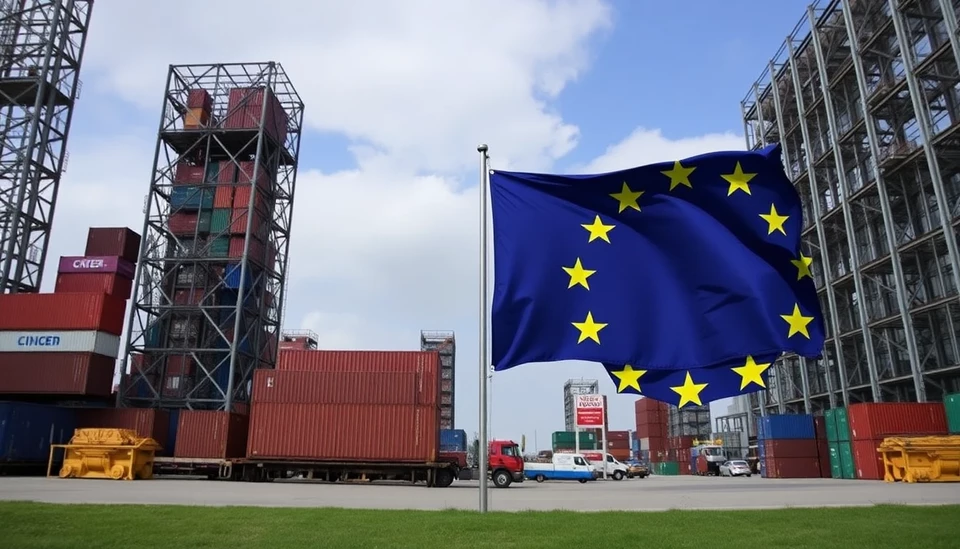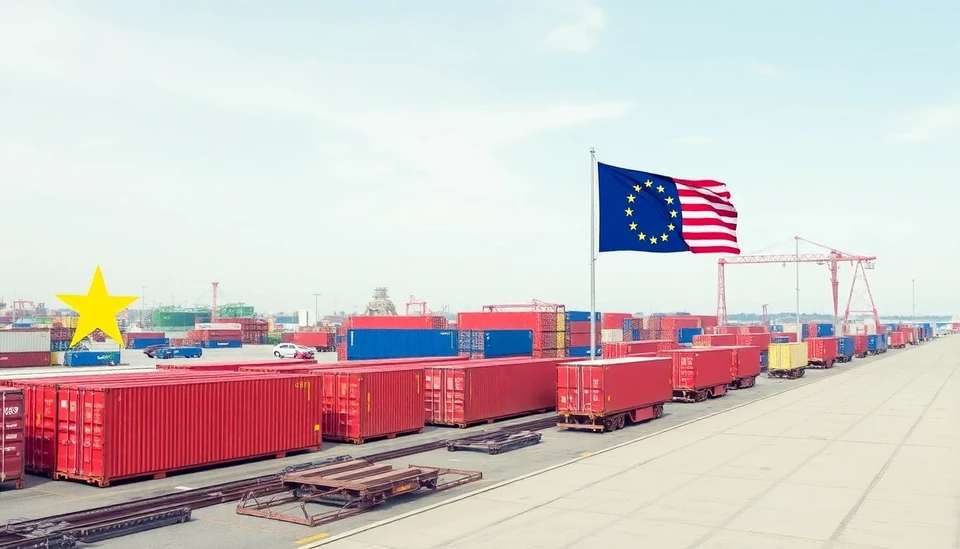
The European Union is grappling with a significant economic downturn as it faces an estimated impact of $28 billion due to the imposition of tariffs on steel and aluminum by former President Donald Trump. The tariffs, initially introduced to protect U.S. industry under the justification of national security, have sparked widespread criticism and repercussions that extend far beyond American borders.
As the EU prepares to recalibrate its economic strategies in light of these burdensome tariffs, officials have voiced their concerns about the detrimental effects on the bloc's manufacturing sector. This impact is particularly concerning given that the EU is one of the largest producers of steel and aluminum globally. The tariffs are expected to hinder competitiveness, exacerbate trade tensions, and potentially incite retaliatory measures from the EU, which could escalate into a full-blown trade war.
According to a report prepared by the European Commission, member states have begun to calculate the economic fallout, with sectors relying heavily on steel and aluminum forecast to bear the brunt of the financial hit. Industries such as automotive, construction, and machinery, all of which depend on these metals for production, may face increased costs and supply chain disruptions. This heightened financial strain could lead to job losses and decreased investment in the EU’s industrial capacity.
In response to the tariffs, the EU has vowed to explore various countermeasures to safeguard its economies and industries. Trade officials have indicated that they are considering implementing their own tariffs on U.S. goods, aiming to rebalance the economic scales. However, the EU is also taking a more strategic approach by seeking to negotiate with the U.S. for a reduction or removal of the tariffs altogether, emphasizing the importance of collaboration in transatlantic trade relations.
Experts suggest that the economic impact of these tariffs extends beyond immediate financial implications; it reflects a broader theme of shifting geopolitical dynamics and trade policies. Analysts predict that as long as tariffs remain in place, the likelihood of a global trade environment characterized by tension and unpredictability will persist, which could lead to further disruptions in international trade networks.
As the EU navigates this economic landscape, stakeholders are advocating for expedited negotiations to mitigate the negative fallout. The conclusion of a resolution could provide much-needed relief for affected industries and restore confidence in the EU's economic stability. However, with a complex interplay of domestic interests and international relations at stake, the road ahead remains fraught with challenges.
In conclusion, the imposing tariffs by the former U.S. administration have placed the EU in a precarious position, with potential losses reaching a staggering $28 billion. As EU officials strategize ways to address these tariffs and their repercussions, the global economic community watches closely, anticipating the ripple effects of this ongoing trade conflict.
#EUTariffs #TrumpTariffs #SteelIndustry #AluminumTrade #GlobalEconomy #TradeWars #EconomicImpact
Author: Laura Mitchell




